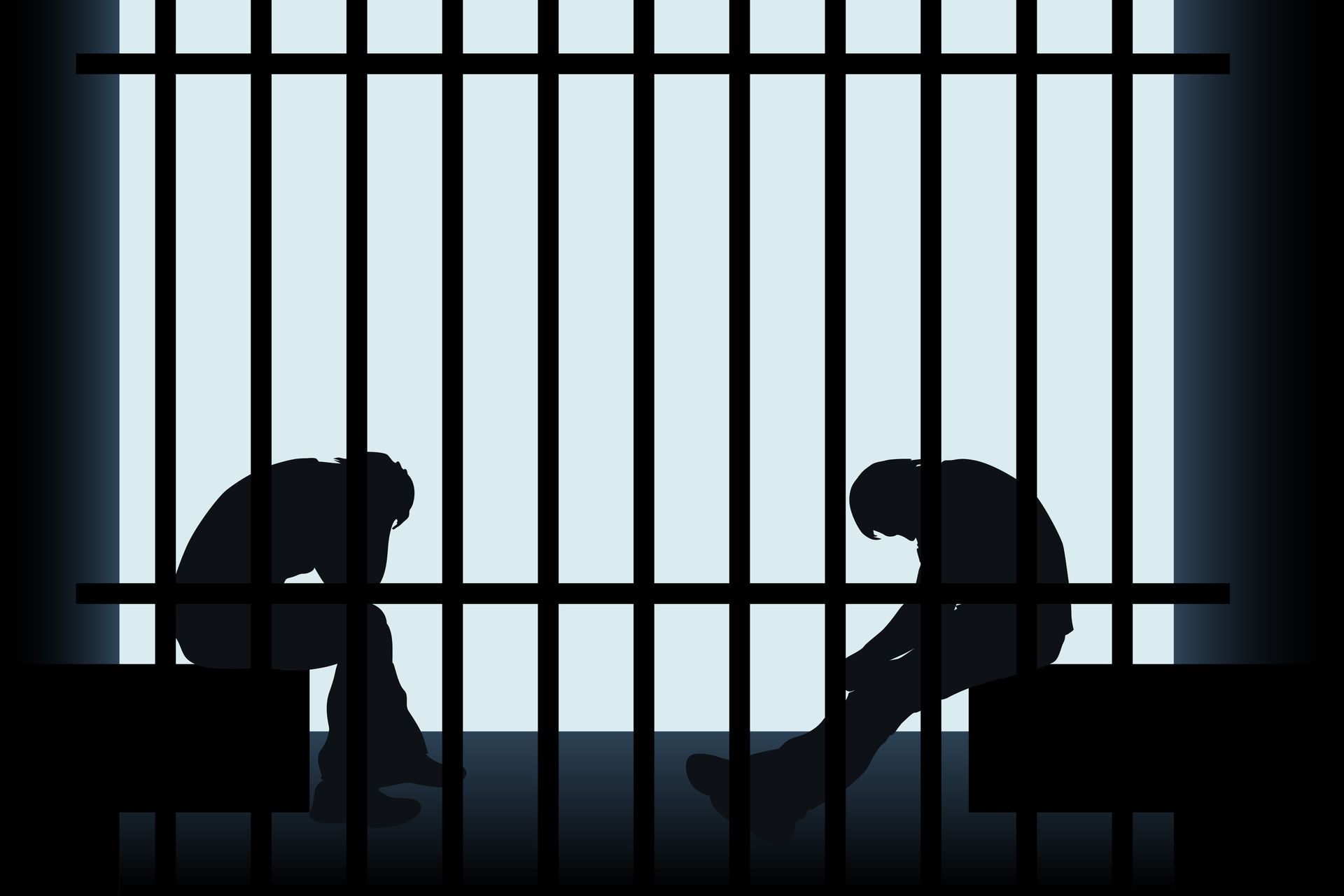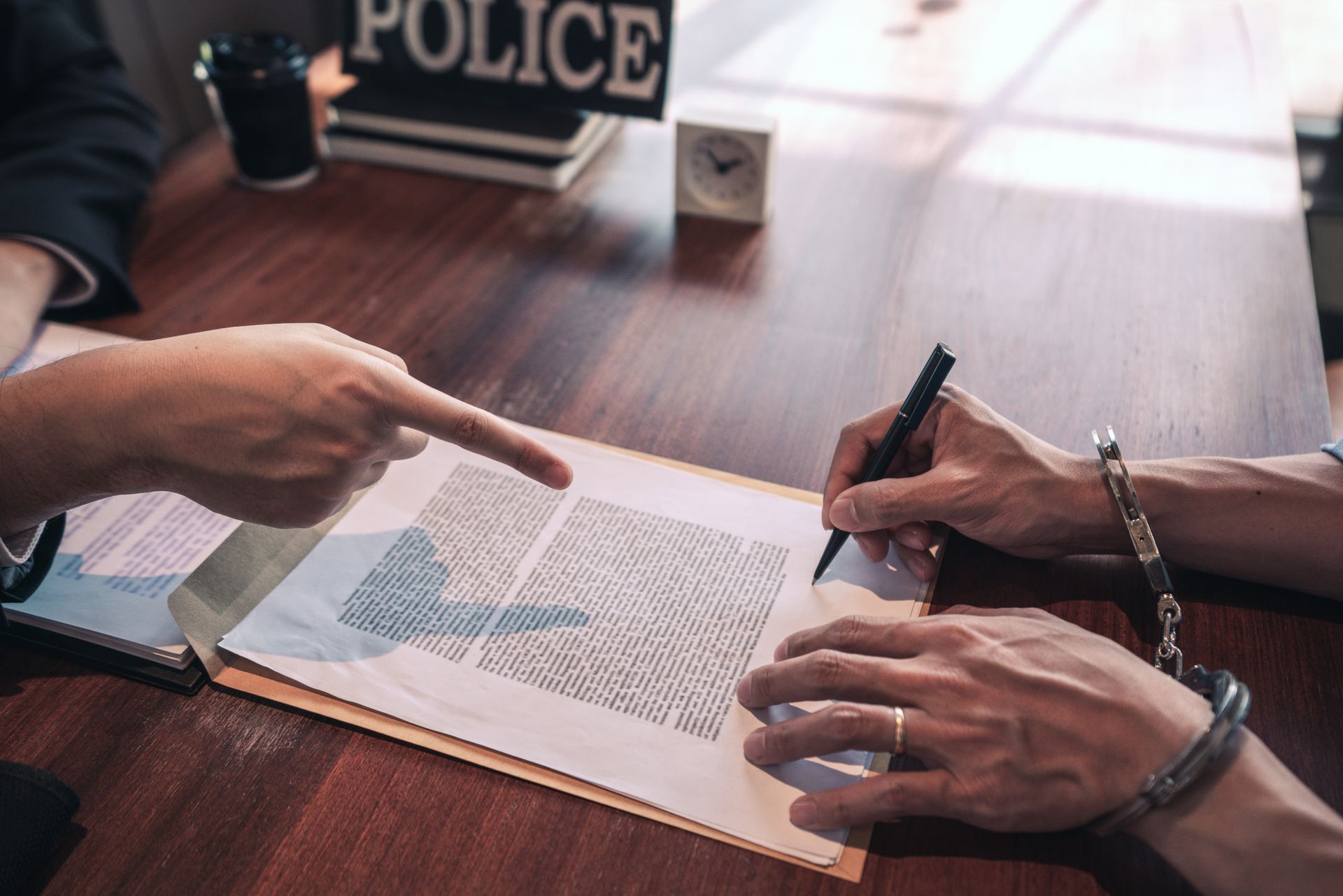Felony Charges in Manassas: What's at Stake
Felony Charges in Manassas: What's at Stake
Felony charges in Manassas represent the most serious criminal accusations you can face, carrying consequences that extend far beyond potential prison time. Understanding what constitutes a felony in Virginia, the penalties involved, and your defense options is crucial for protecting your freedom, family, and future opportunities.
Understanding Virginia's Felony Classifications
Virginia classifies felonies into six categories, from Class 6 (least serious) to Class 1 (most serious), with unclassified felonies carrying specific statutory penalties. Class 6 felonies can result in 1-5 years in prison, while Class 1 felonies may lead to life imprisonment or the death penalty. The classification directly affects potential sentences, parole eligibility, and long-term consequences.
Common felonies in Manassas include drug trafficking, grand larceny, burglary, robbery, assault with serious injury, sexual offenses, and certain repeat traffic offenses like multiple DUI convictions. Even charges that might seem minor can escalate to felonies based on circumstances, prior convictions, or dollar amounts involved.
Immediate Consequences of Felony Charges
Felony arrests often result in higher bail amounts or detention without bond, particularly for serious charges or defendants with prior records. The prosecution typically moves more aggressively with felony cases, often seeking lengthy prison sentences and substantial fines as deterrents to future criminal activity.
Professional licenses can be immediately suspended or revoked upon felony indictment, affecting doctors, lawyers, teachers, real estate agents, and numerous other licensed professionals. Security clearances are typically suspended, and federal employment opportunities become unavailable even before conviction.
Long-Term Impact of Felony Convictions
Felony convictions create permanent criminal records that appear on background checks for decades. This affects employment opportunities, housing applications, educational opportunities, and professional licensing. Many employers automatically disqualify applicants with felony convictions, particularly for positions involving trust, financial responsibility, or public contact.
Civil rights are permanently affected by felony convictions. Voting rights are lost until formally restored through the governor's office. Firearm ownership becomes permanently prohibited under federal law. Jury service eligibility is lost, and certain professional licenses become permanently unavailable.
Building a Strong Felony Defense
Effective felony defense requires comprehensive investigation and aggressive legal strategy. This often involves challenging evidence collection procedures, questioning witness credibility, examining constitutional violations, and exploring alternative explanations for alleged criminal activity. Every detail matters in felony cases.
Expert witnesses, forensic analysis, and thorough investigation can reveal weaknesses in prosecution cases. Experienced criminal defense attorneys understand how to challenge scientific evidence, expose procedural errors, and present compelling alternative theories that create reasonable doubt.
Plea Negotiations and Alternative Resolutions
Not every felony case should go to trial, but not every plea offer represents the best possible outcome. Skilled negotiation can sometimes result in charge reductions to misdemeanors, suspended sentences, or alternative sentencing that avoids conviction altogether. The key is understanding when to negotiate and when to fight.
Alternative sentencing options like drug court, mental health court, or veteran's court may be available for eligible defendants. These programs focus on treatment and rehabilitation rather than punishment, often resulting in dismissed charges upon successful completion.
The Importance of Early Intervention
Felony investigations often begin before arrests are made. If you're contacted by law enforcement, have been questioned about criminal activity, or know you're under investigation, seeking legal representation immediately can prevent charges from being filed or minimize their severity.
Evidence preservation, witness interviews, and constitutional challenges are most effective when addressed early in the process. Waiting until after arrest or indictment can limit defense options and weaken your position significantly.
Constitutional Rights in Felony Cases
Your constitutional rights become even more critical in felony cases. The right to remain silent, protection against unreasonable searches and seizures, and the right to effective legal representation can determine whether charges are dismissed, reduced, or result in conviction. Never waive these rights without experienced legal counsel.
Grand jury proceedings, preliminary hearings, and pretrial motions all provide opportunities to challenge evidence and potentially dismiss charges before trial. Understanding these procedures and deadlines is essential for effective defense.
Protecting Your Future
Felony charges threaten everything you've worked to build - your career, family stability, financial security, and personal freedom. The decisions made in the early stages of your case often determine the ultimate outcome, making experienced legal representation essential from the moment charges are suspected.
With over two decades of experience handling serious felony cases in Virginia's courts, understanding how to challenge prosecution evidence, negotiate favorable outcomes, and protect clients' constitutional rights can make the difference between conviction and freedom.
If you're facing felony charges in Manassas or are under investigation for serious crimes, contact Curt M. Nichols, Attorney at Law at (571) 814-3000 immediately. Don't let felony charges destroy your future - experienced white collar defense representation can protect your rights and fight for the best possible outcome in your case.










